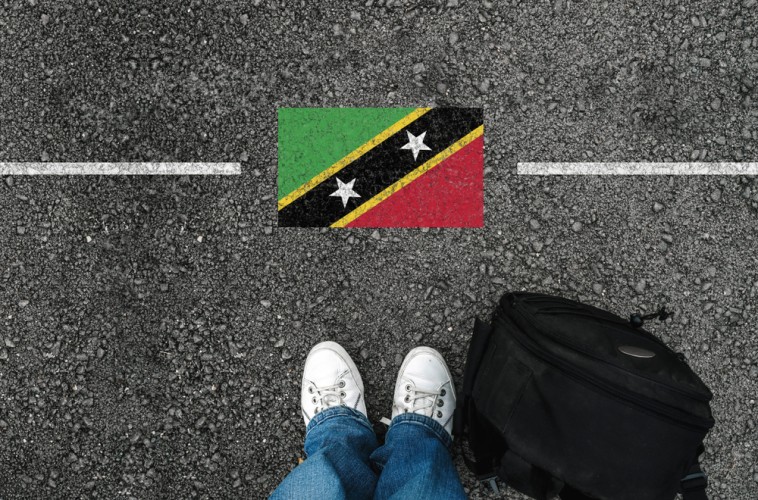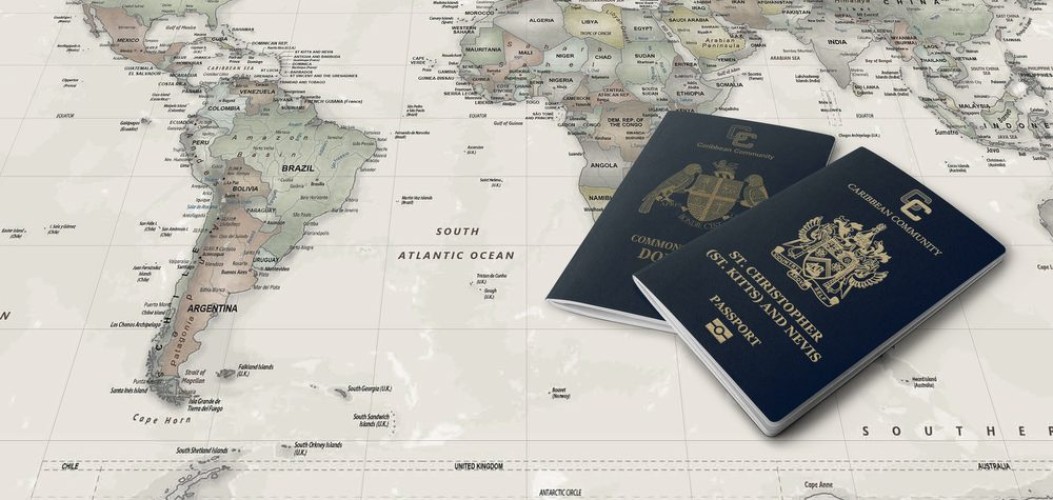Retiring in St. Kitts and Nevis offers a unique combination of relaxed Caribbean lifestyle, financial advantages, and an inviting climate. Known for its pristine beaches, stable government, and investor-friendly environment, the twin-island nation has become an increasingly popular choice for retirees worldwide. With no personal income tax, a welcoming expat community, and multiple paths to residency and citizenship, it’s an attractive option for those seeking a comfortable and secure retirement abroad. In this guide, we’ll cover the cost of living, healthcare, tax benefits, residency options, and community life – everything you need to know to plan your retirement in St. Kitts and Nevis.
Cost of living for retirees
Understanding the cost of living is essential for retirees considering a move to St. Kitts and Nevis. While the islands offer a high quality of life, expenses can vary depending on personal lifestyle choices, location, and housing preferences. Retirees will find that careful planning can ensure a comfortable and sustainable standard of living, especially given the absence of personal income taxes.
Utilities – including electricity, water, and internet – average between $150 and $300 monthly. Grocery costs vary depending on whether you shop at local markets or prefer imported goods, which are more expensive. Dining out ranges from $10–$15 for casual meals to $50 or more for fine dining. Overall, retirees can expect a comfortable monthly budget of $2,000–$4,000, though luxury lifestyles can require more. The cost of living in St. Kitts and Nevis is manageable for retirees, particularly for those seeking a balance between comfort and financial prudence. With strategic planning, the islands offer an affordable yet luxurious retirement setting, making them one of the most appealing Caribbean destinations for retirees worldwide.
Comparison of Cost of Living and Tax Benefits in Caribbean Countries for Retirees (2025)
To better understand the financial implications of retiring in St. Kitts and Nevis, it’s helpful to compare the cost of living and tax benefits with other popular Caribbean destinations. The table below outlines key expenses, tax advantages, and citizenship investment options to provide retirees with a clear perspective on how St. Kitts and Nevis stands in relation to its regional counterparts.
| Indicator | St. Kitts & Nevis | St. Lucia | Antigua & Barbuda | Dominica |
|---|---|---|---|---|
| Average rent for 1-bedroom apartment (monthly) | $700–$1,200 | $600–$1,000 | $650–$1,100 | $500–$900 |
| Utilities (electricity, water, internet, monthly) | $150–$300 | $140–$280 | $160–$320 | $130–$250 |
| Groceries (monthly) | $400–$700 | $350–$650 | $380–$680 | $320–$600 |
| Income tax | None | None | None | None |
| Capital gains tax | None | None | None | None |
| Inheritance tax | None | None | None | None |
| Property tax | Low (0.2–0.3%) | Low (0.25–0.4%) | Low (0.2–0.4%) | Low (0.25–0.5%) |
| Citizenship by investment program | Yes (from $250,000) | Yes (from $240,000) | Yes (from $230,000) | Yes (from $200,000) |
St. Kitts and Nevis has a slightly higher cost of living compared to Dominica or St. Lucia, but stands out due to the prestige of its citizenship, political stability, and well-developed infrastructure for affluent expatriates.
Healthcare and insurance options
Healthcare in St. Kitts and Nevis is sufficient for most routine medical needs, with both public and private options available. Public hospitals and clinics serve the general population, though private facilities tend to provide faster and more comprehensive care. Private health insurance is highly recommended, ensuring access to quality care locally and abroad. Premiums often range from $2,000–$5,000 annually. For specialized treatments, retirees often travel to nearby islands or the US. Retirees are best served by combining private health insurance with the flexibility to travel for specialized care.
Tax benefits and financial considerations
St. Kitts and Nevis is known for its advantageous tax regime, which is one of the main reasons many retirees choose the islands.
| Tax Type | Rate / Policy |
|---|---|
| Personal Income Tax | None |
| Capital Gains Tax | None |
| Inheritance Tax | None |
| Wealth Tax | None |
| Property Tax | Low (varies by value) |
These favorable tax conditions make St. Kitts and Nevis particularly attractive for retirees looking to preserve and grow their wealth during retirement.
Residency and citizenship options
Residency and citizenship options are key considerations for retirees planning a long-term move to St. Kitts and Nevis. Whether you’re seeking a straightforward residency permit or full citizenship with its associated travel and financial benefits, the islands offer flexible pathways designed to accommodate a variety of retirement plans. Residency permits are available for retirees who can demonstrate sufficient financial means or invest in local property. Permanent residency is typically granted after several years of continuous residence, or more quickly through specific investment programs. The Citizenship by Investment (CBI) program offers a direct path to citizenship through a qualifying donation or real estate investment:
| Investment Option | Minimum Investment | Processing Time |
|---|---|---|
| Sustainable Growth Fund Donation | $250,000 | 4–6 months |
| Approved Real Estate Investment | $400,000+ | 4–6 months |
Obtaining residency or citizenship in St. Kitts and Nevis provides retirees with stability, global mobility, and access to the country’s many financial and lifestyle benefits. For those who can afford it, the Citizenship by Investment program offers one of the most efficient and respected routes to Caribbean citizenship.
Expat and retiree community life
The expat and retiree community in St. Kitts and Nevis is close-knit, diverse, and welcoming. Retirees often find it easy to integrate into island life thanks to the friendly atmosphere and shared experiences of other expatriates. From social gatherings to cultural events, there’s no shortage of opportunities to connect and build a fulfilling lifestyle.
This warm, inclusive environment ensures that retirement in St. Kitts and Nevis is not just about financial benefits or climate—it’s about belonging to a vibrant and supportive community. Retiring in St. Kitts and Nevis combines the best of Caribbean beauty, financial advantages, and a high standard of living. With a favorable tax regime, various residency and citizenship pathways, a welcoming community, and reasonable living costs, it’s no wonder that the islands attract retirees from around the world. For those seeking a comfortable, secure, and enriching retirement, St. Kitts and Nevis stands out as a premier choice in the Caribbean.
FAQ
Yes, foreigners can purchase property, though a government license is required unless the property is part of an approved Citizenship by Investment project.
You can reside with a long-term residency permit or through the Citizenship by Investment program.
The cost of living is moderate compared to the US or Europe, though imported goods and luxury services can be higher.
Adequate for general care; private insurance is recommended for specialized or emergency treatment abroad.
Tax advantages, a stable political environment, citizenship opportunities, a pleasant climate, and an active expat community.






